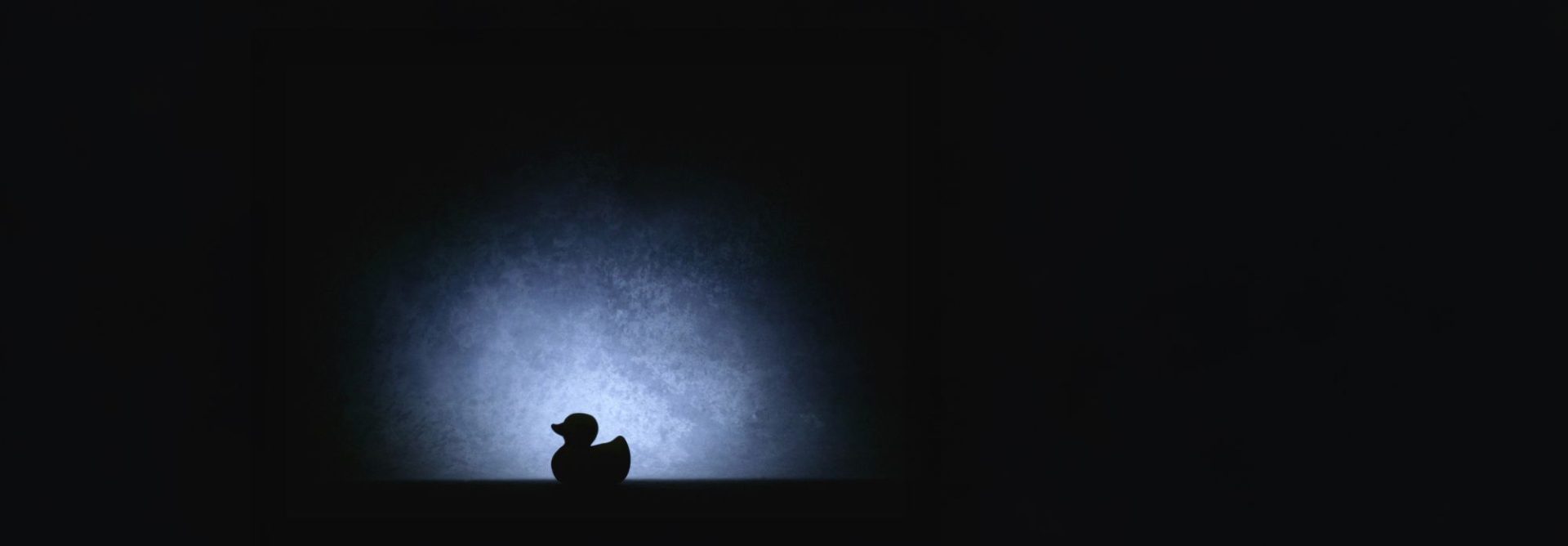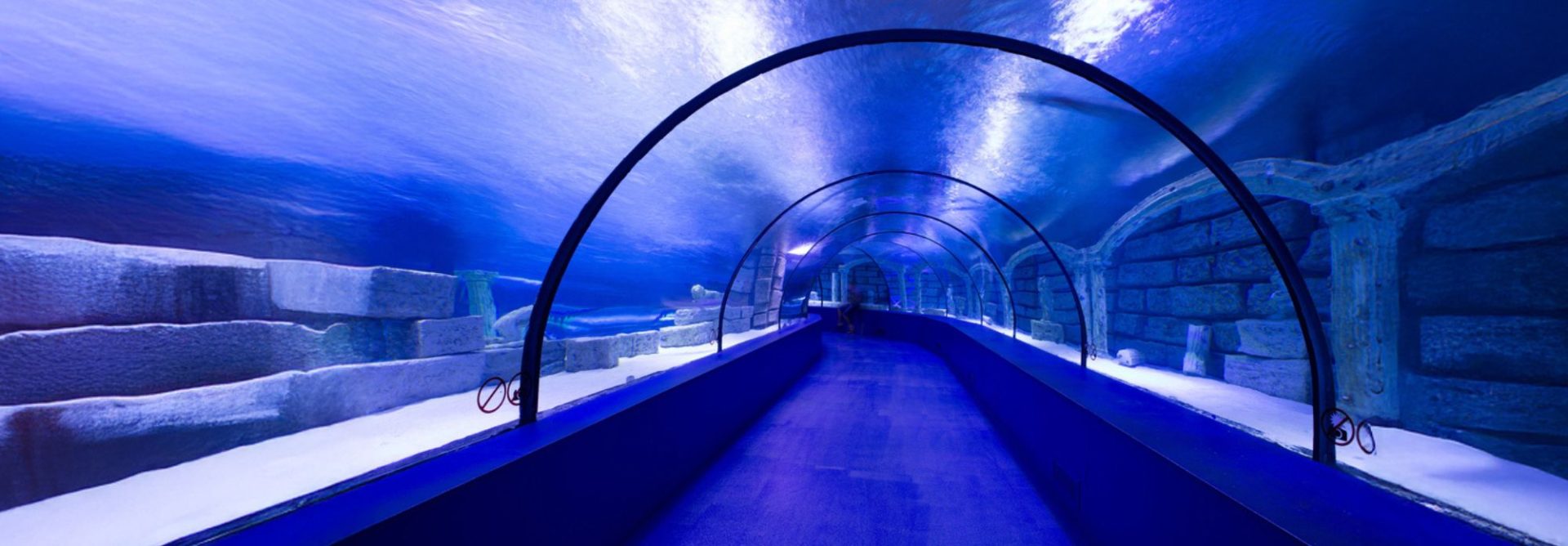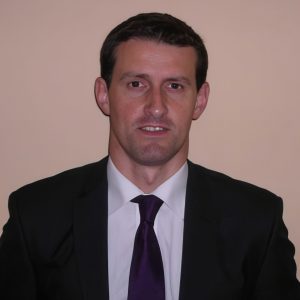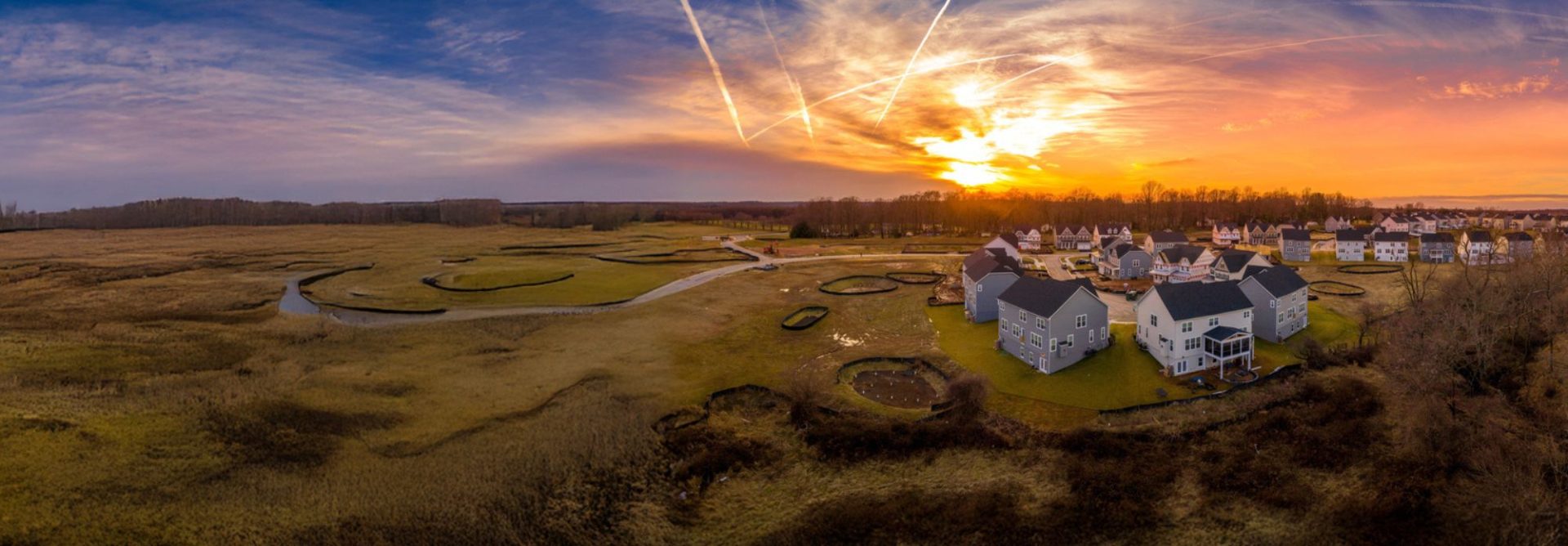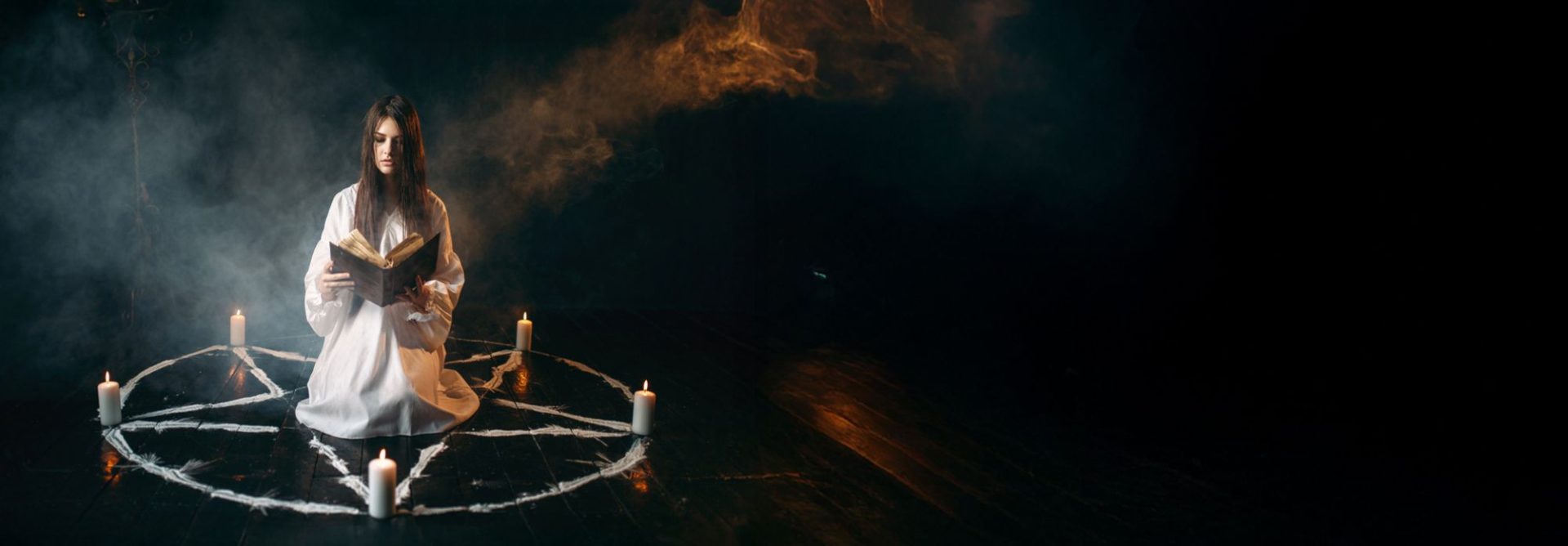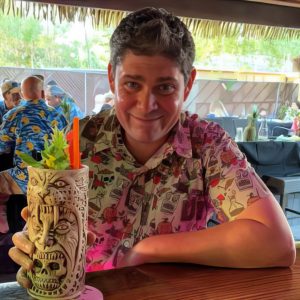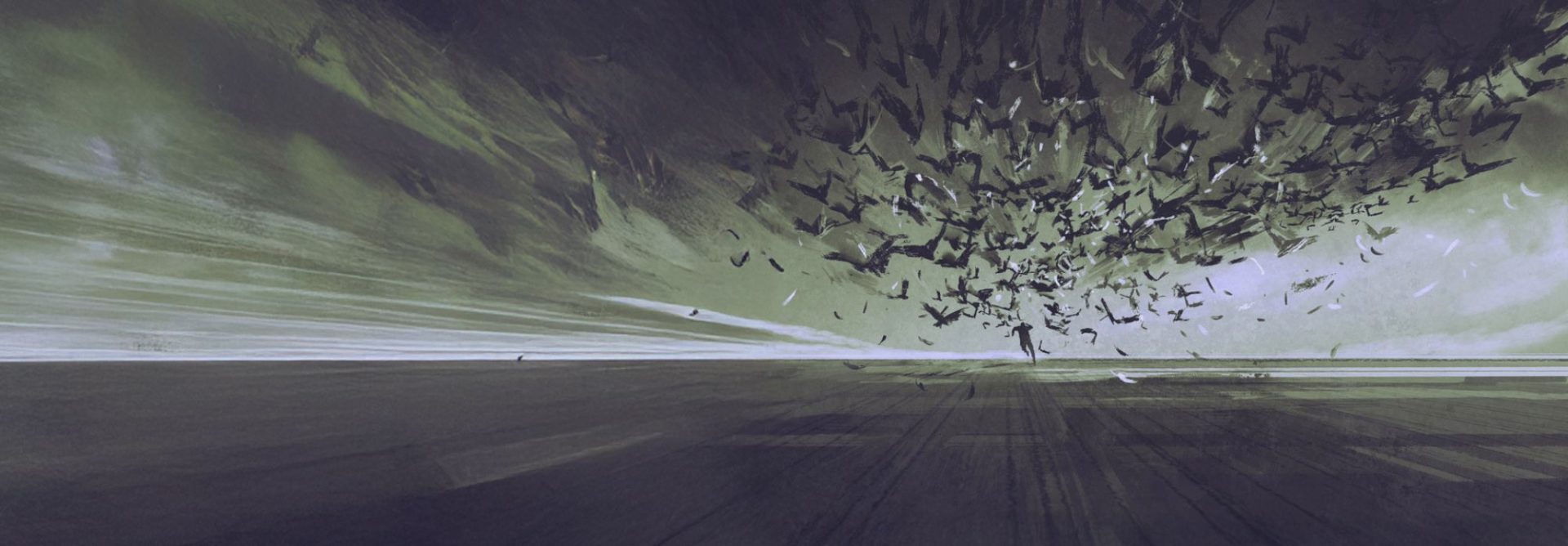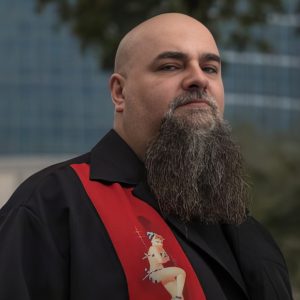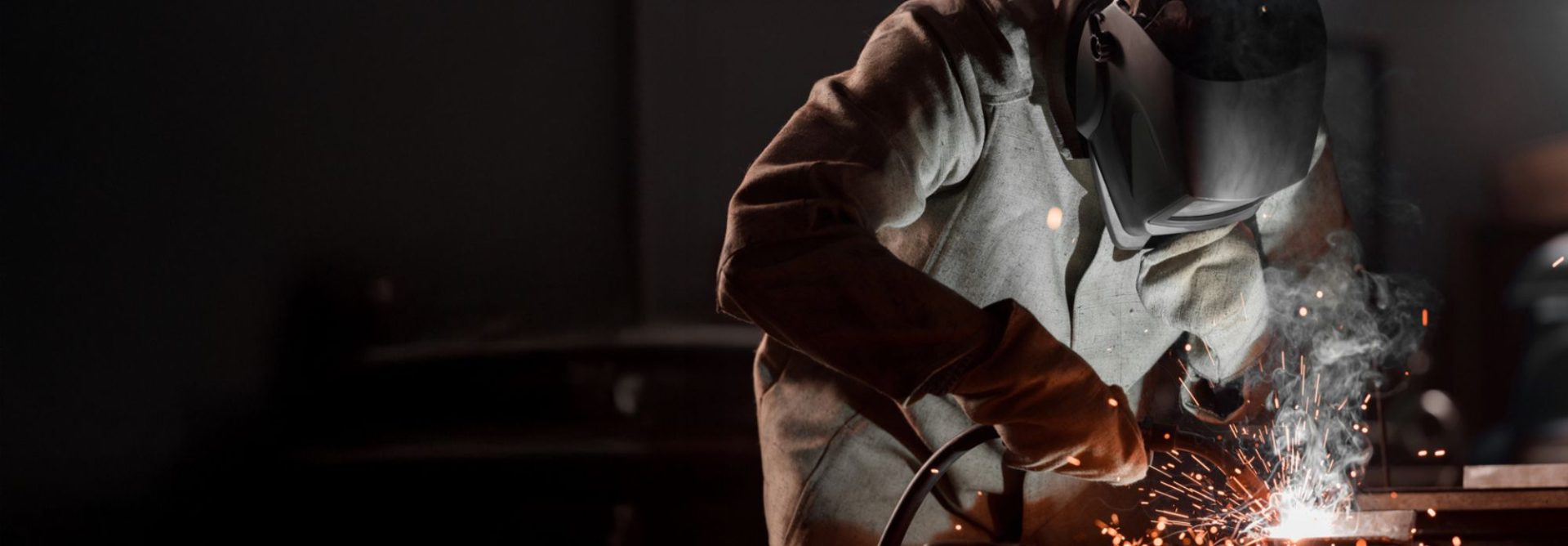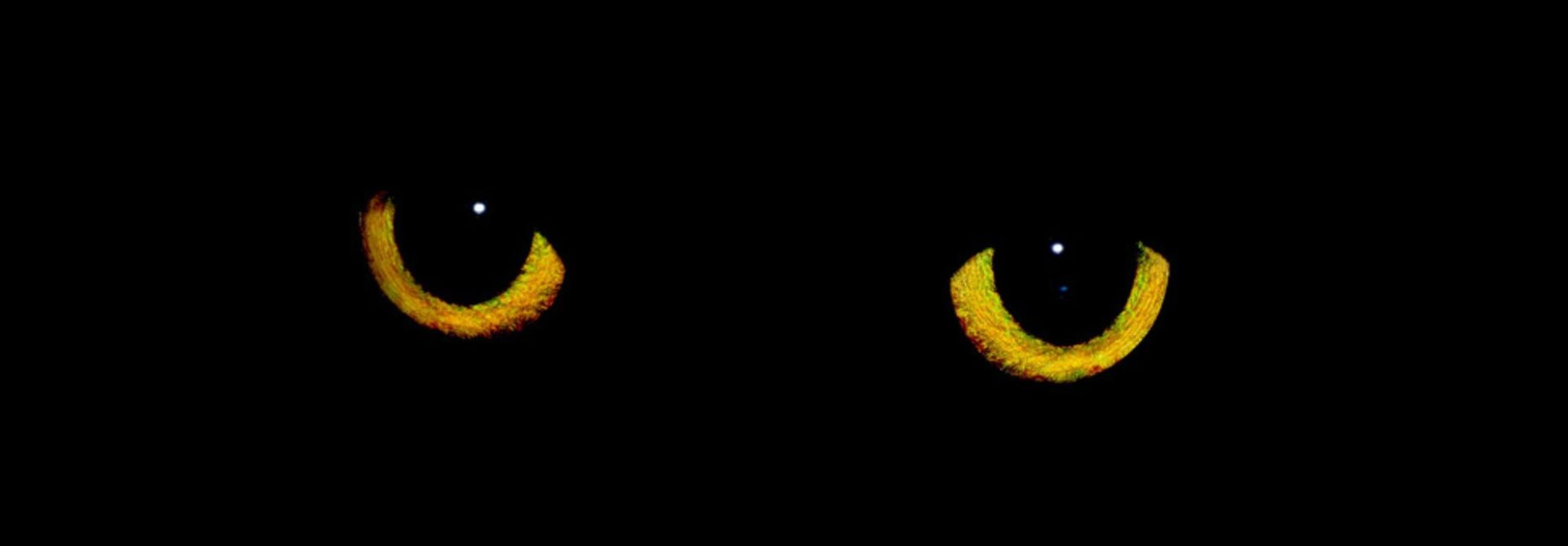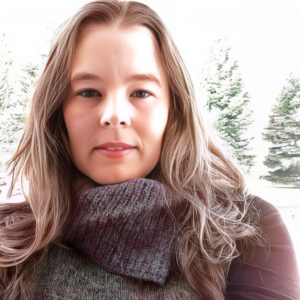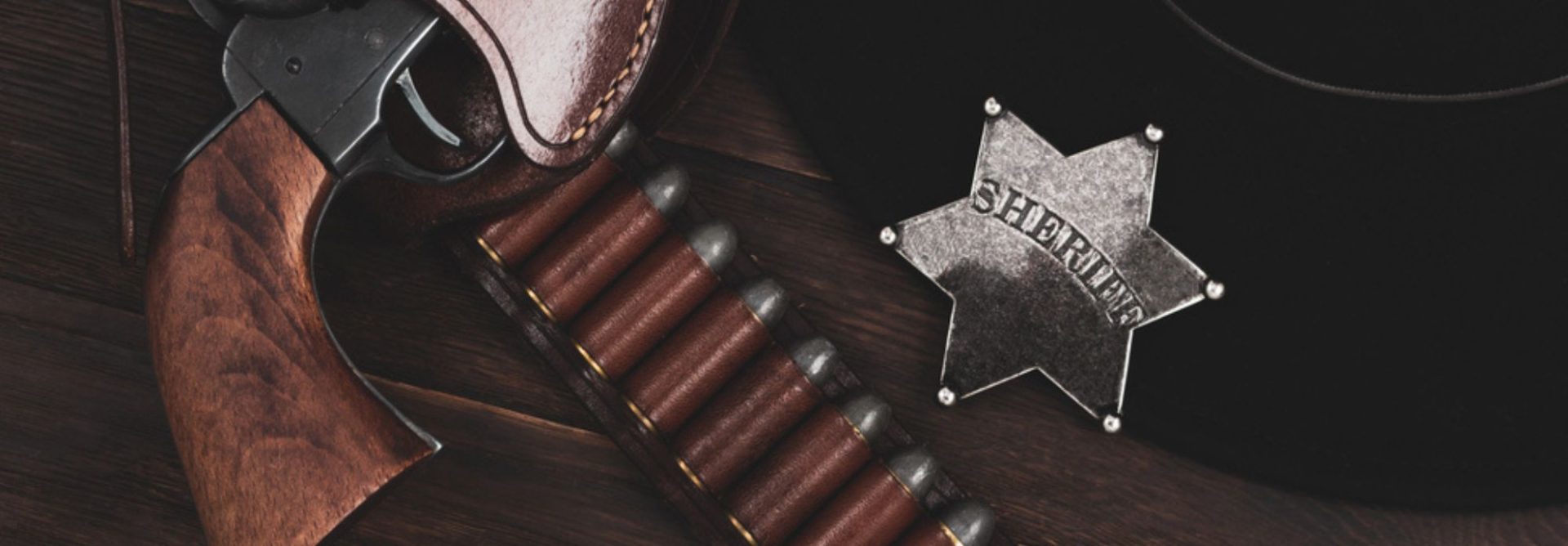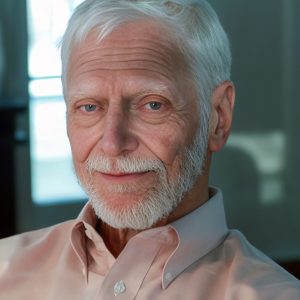Editor’s note: the following passage includes a racial slur in character dialogue to illustrate bigotry. It appears solely in the speaker’s voice and does not reflect the publisher’s or author’s views.
***
“There’s no such thing.” Leland made his pronouncement like he thought it would be the end of the discussion, but his wife knew better.
“I think I saw something in that basement. You felt it, didn’t you, Momma?” Leigh asked earnestly, her voice trembling.
Phylicia Hampton weighed the option of telling the truth. Her head pounded and her stomach rolled from the entities she sensed at their last stop. The historically preserved farmhouse, complete with gift shop and restaurant, was dubbed “Brantley Station, A Stop on the Underground Railroad.”
The tourist spot had come complete with three angry spirits; two of them were the former owner and his wife—who died when confederate rabble hung them from a tree in their front yard—and the other was a wounded slave they were forced to bury in the basement to keep their station a secret. They were lost, confused souls who didn’t realize they were dead and didn’t understand why so many strangers were trespassing.
“Mom, do you think that house was haunted?” Leigh persisted, her ten-year-old brow furrowed in concentration.
“Yes,” Phylicia answered. She saw them when she closed her eyes, begging to be heard. But the moment the words were out of her mouth, she knew Leland would make her sorry.
“There’s no such thing,” Leland barked. “Your mother doesn’t know what she’s talking about. There’s always a reasonable explanation for everything. What you saw was just a trick of the light. Tell her, Phyl.”
Always the unbeliever. He had to be able to touch it, explain it, or control it. She sighed hard. “Read your book and stop irritating your father.” Phylicia didn’t want to argue with her husband. She just wanted their visit to Carter Springs Memorial Battleground to be over so they could get to her mother’s home in Georgia before dark. State Road 23 stretched out much like her future, a long ribbon of sameness where you had to work to see the good. She wanted badly to see the good.
She laid her head against the window ledge, allowing her mind to be filled with the white noise of the road, pushing out visions of sallow, translucent faces who had reached out to her.
Punching a button on the armrest, she rolled down her window, despite Leland’s protest that she was letting out all the air conditioning. She inhaled deeply of the moist southern air, which carried hints of azaleas and dogwood mingled with marshy scents of the river.
Her family fell quiet for a moment, and she thanked God for the reprieve. Tasha, her eldest, stared out the window, bored with her music and annoyed that her cell phone had no reception so she couldn’t text her friends. Her husband, Leland, wallowed in silent dread of this visit to her mother’s, content to punish everyone in sight for this offense. Leigh, her baby, was reading the brochure about the park where they planned to stop for lunch.
“Daddy, when do we eat?” Leigh asked.
“The battleground is just a few miles up the road. There’s a rest area there,” Leland said.
“Can’t we go to a real restaurant?” Tasha asked.
“Do you see a real restaurant?”
“No, sir.” She huffed, turning on that stony, sulky, teenage silence that transformed her loving child into a surly stranger.
Tasha reinserted her neon orange earbuds and turned on her iPod, the tinny hum carrying to the front seat.
Leigh, bored with the brochure, opened a book titled, From Slaves to Soldiers in the Civil War.
“Mom, it’s too windy to eat outside,” Tasha’s protest pierced Phylicia’s thin veil of sleep like shrapnel. Leland had parked their van beneath a large wood sign that read, “Carter Springs Rest Area, open dawn ’til dusk.” The lot was empty except for a forest service sedan parked by the ranger’s hut. Even the visitor’s center was deserted.
The van’s rear doors stood open, and Leland lifted out the food baskets. Leigh had her book tucked under one arm and held a blanket in the other. Tasha, being stubborn, showed no inclination to join the family.
“Tasha, move,” Phylicia snapped.
The teenager, who had been so sweet just a few years ago, snatched off her headphones and threw them on the seat, huffing her way out of the van.
“Lord, help me,” Phylicia muttered under her breath. She slid from her seat, and followed her unwilling troops.
Leigh had chosen a pretty place at the top of a hill. Leland delved into the baskets, setting up the meal. Phylicia stood with her back to the parking lot, her gaze traveling over the open field spread out below them. A stiff breeze smelling of storm clouds caressed her cheeks. Smaller hills and the occasional bush dotted the landscape, with denser woods edging the river winding in the distance beyond her vision. They weren’t alone here. For all its manicured beauty, the place had the feel of a graveyard.
“What’s so special about a bunch of grass and some trees?” Tasha said as she flopped down on her stomach.
“There was a big battle here during the Civil War. It’s in this book,” Leigh replied. She sat cross-legged on the blanket with the book open in her lap. “It says that one thousand African American Union soldiers and two hundred regular Union soldiers were surprised here by two thousand Confederate soldiers. Some of them were Black, too.” She took a bite of her apple, then spoke with her mouth full. “According to this, the casualties were high ’cause the fighting was mostly hand to hand with swords and bayonets.”
“That’s gross. I’m trying to eat,” Tasha said around a mouthful of corned beef on rye.
“You going to eat, Phyl?” Leland asked.
“I’m too tired right now. I’m just going to stretch out for a while,” Phylicia said, settling on the blanket. Her visions always exhausted her. She rolled onto her side, pillowing her hands beneath her cheek. Pain shot through the back of her hand, and with a yelp, she jerked to a sitting position. A sharp piece of metal protruded from the blanket. It dripped red.
“What’s the matter with you?” Leland asked.
“I cut my hand on something.”
“Mom, look at this.” Leigh had scooted over to inspect the inch-long piece of metal that stabbed through the blanket. “I think it’s the pointy part of a bayonet.”
“Is not. They wouldn’t leave that stuff out here.”
“It’s probably from an old can or something,” Leland said, kneeling close. He gripped it trying to pull it free, but the earth wouldn’t give up her prize. “Ouch,” he jumped back, shaking his hand. “Damn thing cut me, too.” He inspected his finger, then wiped his hand on his jeans.
“Dad, did you know that after battles sometimes they just dug one huge grave and put everybody in it? What if this hill is really a giant grave?”
“Don’t be silly,” he said, resuming his meal.
Phylicia’s hand still stung, and it was bleeding. She went back to the van for the first-aid kit. Climbing inside, she slammed the door and took a closer look at the cut. It was deeper than she’d thought. The antiseptic burned like hell, but the antibiotic cream was soothing. She covered it with a big square band-aid, then let the windows down and tilted her seat fully back. Rest was what she needed, and sleep wasn’t long in coming.
***
She was hot. The air was thick with the undelivered promise of rain. Enveloped in smoke, she coughed, her eyes watering. The heavy voices of struggling men filled her ears. Her eyes cleared, and she saw them fighting, men long deadlocked in eternal battle. Their guttural cries of pain echoed until one by one they went still.
“Sister, you gotta go now,” he said. “Yo’ babies need you. Go now. Hurry, ’fo it’s too late.” He cast a fearful look over his shoulder. She stood rooted in place; the dead had never spoken to her before. He was a young Black man bathed in blood, dirt, and death. He was barefoot and clothed in what, at one time, had been a union uniform. They were alone in the mist.
“Am I dreaming? Who are you? What are you?”
“Git to yo’ girls and look to yo’ husband. He’s done crossed over,” he clutched his rifle to his chest.
“Who? I don’t understand.”
“I’ll hold him back if’n I can, but you got to go now, sister. Cain’t you hear me, woman? Run!”
Her heart pounded, and she tried to run. Her legs felt like they were stuck in swamp mire. She struggled, pushed. Her babies. She had to get to her babies. Those were the words on her lips when she startled awake. “My babies.”
***
It took her a moment to register her surroundings. It was dark outside. Had she slept that long? She looked around for her family but couldn’t see beyond the circle of yellow light from the parking lamps. Dense fog slithered around the lampposts, weaving about like a live thing. Like the smoke in her dream.
She shook off her unease. Leland probably took the girls to the visitor’s center. He’d use any excuse to delay getting to her mother’s. She took her phone out of her purse, thinking of calling and telling her mother they’d be late, but the unit spewed static the moment she turned it on.
Tossing the phone aside, she got out of the van and walked to the ranger’s hut. The lights were still on, and his cruiser was still parked there. She’d ask if he saw them pass by.
She circled around the building to where light spilled through the open doorway.
“Hello… officer?” She looked inside.
It was a small, neat office with a map of the park hanging on the far wall. She happened to look down. His polished boots extended from behind the desk.
“Officer?” She crept in, leaning over the desk.
Blood pooled around him, his short blond hair dark with it. It was spattered everywhere. His shirtfront was soaked, ripped with God knew how many stab wounds.
“Get help,” a small voice inside her head screamed. She dove for the phone and lifted the receiver. Static roared in her ear.
“Damn it,” she slammed down the phone.
Backing out of the room, she stumbled on legs wobbly from shock.
She had to find her girls and Leland, and she needed a weapon. She wasn’t sure if the dead ranger had a gun, but she wasn’t going back inside to check. Her roiling stomach wouldn’t allow it.
His cruiser was there, but the doors were locked. Tears of frustration welled in her eyes. She swung back towards the hut, loathing the thought of going back inside. Rocks surrounded a flagpole that sat at the hut’s entrance. She picked one about the size of her head and smashed the driver’s window, wincing at the noise.
Reaching through the broken glass, she opened the door. Flipping switches on the dash, she tried to turn on the radio, but all she got was that same eerie static.
A quick search of the front and back seats turned up nothing useful. She popped the trunk latch, praying for a miracle. She found a Browning A-bolt rifle and a full box of cartridges wrapped in an old blanket. For the first time, she was grateful to have grown up in a family of hunters. It had been years since she’d fired anything. The weapon lay heavy in her hands, but not as heavy as her fear.
It took a few tries for her shaking hands to get it loaded. She took the dead man’s jacket out of the back seat and filled the pockets with all the spare cartridges they would hold. She would check out the visitor’s center first.
The lights were on, but the place felt deserted. Holding the rifle waist high, in case she was wrong, she searched for her daughters.
The center was just one big display room with a tiny gift shop attached. It looked like a whole battalion had marched through the place, destroying everything. Artifacts from the battlefield were strewn about like broken toys. The Union flag and uniform-clad mannequins wearing the Union blues had been trampled with big muddy footprints. Display cases were overturned, their contents ransacked, and the Confederate notes were gone. What kind of thieves stole worthless money and were willing to kill a ranger over it? Whoever they were, they were long gone.
In the gift shop, there were more destroyed cases and overturned bookracks. Her thoughts full of the dead ranger, she edged around the cases to look behind them. Nothing. Her chest burned, and then she remembered to breathe. A door in the far corner of the room beckoned. She imagined it went to a storeroom or an office. She turned the doorknob, then gripped the gun with both hands, nosing the door open with the barrel.
Gray metal shelves littered the floor, casualties of the same war. There was another door on the opposite side of this room that was clearly marked “Exit.” It was standing open. Her footing was uneven as she walked on top of the debris. She snatched a park issue flashlight from the wreckage on her way out.
She caught her breath, nearly screaming as she stepped through the exit. There was a worn-out Hyundai and a Dodge Dart with a coat hanger antenna parked just behind the building. The bodies were next to the Hyundai, stabbed repeatedly. Lying on her stomach was a pretty Black girl with shoulder-length braids, her shirt shredded through the back. The other one was a middle-aged white woman who had tried to crawl away after the stabbing. Phylicia could tell from the blood streaks on the pavement. Their blue park uniforms showed they had worked in the gift shop.
It was horrible, but she was relieved. This meant her children were still out there somewhere. They were alive, for now. The voice from her dream brushed her mind with gossamer wings. “Hurry.”
She ran now, returning to their picnic site on the hill, the heavy flashlight gripped in her left hand, the gun in her right. The blanket was mussed, the baskets overturned, and what food hadn’t blown away was teeming with ants, but there were no bodies here.
She sprinted down the hill, heading toward the only area that would offer her children a place to hide—the woods by the river. The heavy fog constrained her vision, so her run was more of a jog, but the whisper was louder now. “Hurry.”
Her breath seared her lungs, and her side hurt by the time she reached the woods. She stopped, bent over, listening for some sign of which way to go. Nothing except the rushing water of the river. Pushing ahead, she stumbled through the underbrush, making enough noise to wake the dead. She nearly joined them when the ground gave way to a steep incline hidden by the fog. Something grabbed the back of her jacket, pulling her away from the edge. She swung around, rifle raised, but she saw nothing but mist. She shivered despite the heat.
“Tasha! Leigh! Where are you?” She didn’t care if the killer found her. She screamed at the top of her lungs. “Leigh, Tasha. It’s Mommy! I can’t find you!”
“Down here,” the reply was faint.
She wasn’t completely sure she hadn’t imagined it. She thumbed the safety and hung the rifle and flashlight around her neck. The shroud of fog was thick, so she kneeled on all fours and backed her way down the embankment, duff crunching under her feet as she felt her way down. Her hands were bloody and raw, and her cut knees bled through her jeans by the time the ground flattened beneath her feet.
“Tasha! Leigh!” she called more softly this time.
“Shhh, Mom, he’ll hear you,” Leigh whispered from where she huddled by an overturned tree. “He’s close.”
“Where’s your sister?”
“She said she was going back to find you.”
A high scream sliced through the air.
Tasha.
“Stay behind me,” she told her daughter as they ran along the bank towards the screaming. It was coming from up the embankment.
The fog’s diaphanous veil slipped for just a moment, allowing the moonlight to reveal a form in silhouette holding a bayonet on her baby girl. Phylicia released the safety and raised the rifle with unsteady hands. A chill encased her, and she felt warm hands firmly settle over her own. She nearly balked, but the presence felt familiar somehow.
Her heartbeat surged in her ears as she squeezed the trigger. The crack of the rifle seemed to echo for days. She was sure she had missed, but the dark form tumbled headlong down the rise. He gained momentum until a stand of trees stopped his descent towards the river.
“Tasha! I’m coming!” She reached behind her, seizing Leigh’s hand in an iron grip, still clutching the rifle stock in case she needed it. They climbed up the rise as Tasha scrambled down to meet them, throwing herself in her mother’s arms.
“Did he hurt you, baby?” she asked, terrified of the answer.
Tasha buried her face in Phylicia’s shoulder and shook her head no. “It wasn’t him,” Tasha chanted over and over.
“Wasn’t who?” Phylicia asked, holding Tasha’s trembling body more tightly.
“Daddy,” Leigh offered. “It wasn’t Daddy.”
“Of course it wasn’t,” Phylicia said, shining the light in the trees where the man she shot had landed. Except, it was Leland. She’d chosen that striped shirt for him this morning.
“Oh, my God.” She edged closer, her daughters crowding behind her.
“Shot through by a little nigger bitch,” he said in a disbelieving voice that was Leland’s but wasn’t. He touched his side and held bloody fingers to the moonlight.
“Leland?” She shone the light on his face. The skin seemed to shift and buckle. First it was Leland, then it wasn’t, and for the briefest moment she saw what held him, felt the evil that would not die.
“We’re going to the van,” she told her girls. “Stay with me.”
“But what about Daddy?” Leigh asked.
“We’ll send someone back for him.” They started climbing, clinging to each other in a way that would have been impossible before tonight. Phylicia grieved the fact that it took almost losing their father to bring them together.
***
Phylicia made her pilgrimage alone. Four years had passed and uncounted visits had been made, always alone. Tasha was studying premed, but she couldn’t bring herself to witness the destruction of her father’s soul. Leigh was in high school now, enjoying the social whirlwind that came with it, but Phylicia saw the shadows her daughter tried to hide. Leigh shared her mother’s vision; she knew the shell that held her father was empty. She never visited.
The Mountain Vale Center for Mental Health remained unchanged with its high stone fences and manicured lawns. It was very pretty for a prison. She fingered the cross at her throat as she sat in the doctor’s office, waiting for him to tell her what she already knew. No change. No sign of improvement. Leland had killed those people. The ranger’s murder was on videotape. But she didn’t need that proof to make her believe. She had seen the demon that led him to it. She wondered if his lack of belief had made a difference to the entity.
There hadn’t been a trial. Non compos mentis. He didn’t remember her, his daughters, his life. They’d found him with Confederate script in his pockets, raving about the war, and wanting to go home to Memphis. Leland was from New Jersey.
She listened to doctors explain away the Confederate soldier that spoke with Leland’s voice. They droned on about psychotic breaks and multiple personality disorder, citing new research, newer drugs, and treatments that never worked.
They didn’t have any answers, and she didn’t need any.
The dead had captured an unbeliever.


